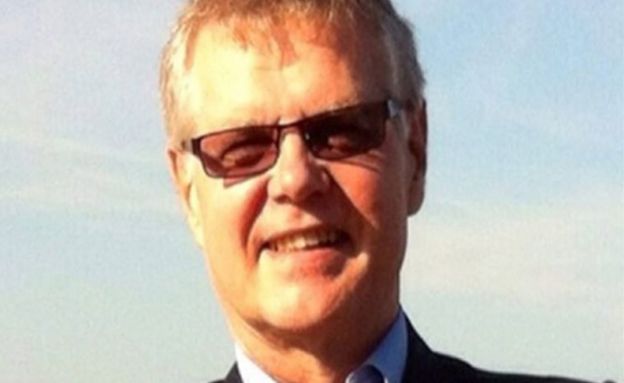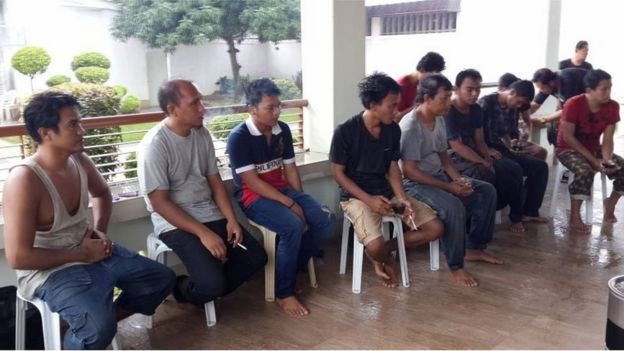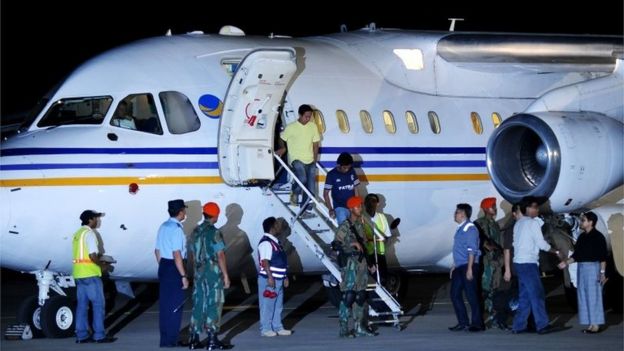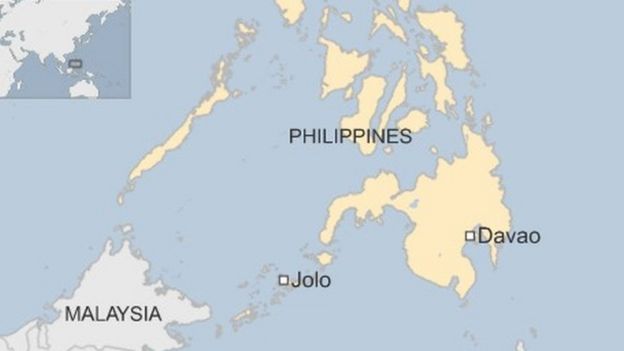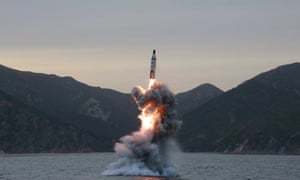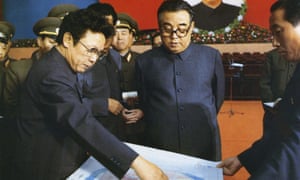Tsai Ing-wen becomes Taiwan's first woman president this month when her mission will be to convince giant neighbour China her Democratic Progressive Party (DPP) is not seeking independence, any hint of which could lead to war.
PINGTUNG, Taiwan: Tsai Ing-wen becomes Taiwan's first woman president this month when her mission will be to convince giant neighbour China her Democratic Progressive Party (DPP) is not seeking independence, any hint of which could lead to war.
Communist Party leaders in Beijing regard fiercely democratic, self-ruled Taiwan as a breakaway province and have not ruled out using force to bring it under China's control.
A 591-word clause in the DPP's charter begs to differ.
"Based on the principle of national sovereignty, (we) advocate establishing a sovereign and independent 'Republic of Taiwan' and a new constitution that should be decided on by all residents of Taiwan in a referendum," the clause says.
DPP seniors say the clause, written in 1991, is defunct - but to delete it would rupture the party and bring out the "splittist", or separatist, forces that China constantly warns against. Tsai's juggling trick is to convince China the DPP is not seeking independence and to keep the party intact.
"China's attitude on opposing independence is out of touch with the real situation," said independence advocate Koo Kwang-ming. "They really have no way (how to deal) with Taiwan, so they take what has been stated in the past and repeat, repeat and repeat it."
Chiang Kai-shek's Nationalists fled to Taiwan after losing the civil war to the Communists in China in 1949. China, formally known as the People's Republic of China, has pressured the new Taiwan government to stick to the "one-China" policy agreed upon with the outgoing China-friendly Nationalist government.
The policy allows each side to respectively interpret what it means. The Communists say they rule all of China including Taiwan, while the Nationalists maintain the "Republic of China", Taiwan's formal name, is the ruler.
Tsai has said she will maintain the status quo with China under the constitutional order of the "Republic of China". Last month she reiterated her position, saying her policy will be based on democratic principles and transcend party politics.
MOVING ON FROM MARTIAL LAW
China's top Communist Party newspaper said on Thursday that Taiwan stands at a critical juncture of either accepting Beijing's "one China" principle or taking an unclear stance and refusing to abandon support for Taiwan independence.
"The so-called 'maintenance of the status quo' promised by Taiwan's newly elected leader is only empty talk," the People's Daily said. "The responsibility for the consequences caused can only be accepted by the DPP authorities."
The independence clause served a purpose in 1991, DPP seniors say. The island had emerged from martial law only in 1987. It was undergoing major governmental reform and its first direct presidential election was still five years away.
The DPP tried to freeze the clause in 2014, but no decision was made.
"Our goal is not to establish a Republic of Taiwan. It is to be the ruling party," said Ker Chien-ming, one of the first members of the 30-year-old party and its legislative leader. "But to abolish it will cause another dispute. The independence faction will give the party a huge amount of pressure."
Activist Lai Chung-chiang said the clause shouldn't be deleted.
"It would limit our space in deciding our future," he said at a protest with leaders of the 2014 demonstrations that stalled a trade pact with China and were key in toppling the Nationalists from power.
In southern Taiwan's Pingtung County, where Tsai's father was born, it is less about splitting from Communist China than about maintaining a democratic way of life.
"Our expectations are for this Taiwan leader who hails from Pingtung to pay more attention to this relatively remote area and prevent the urban-rural imbalances from widening," Pingtung County magistrate Pan Men-an told Reuters.
Chinese President Xi Jinping said in March China would never allow the historical tragedy of Taiwan being split from the rest of the country to happen again.
Japan ruled Taiwan as a colony for about five decades until the end of World War Two. China's last dynasty, the Qing, had ceded Taiwan to Japan in 1895 after losing the first Sino-Japanese war.
Shirley Kan, a retired congressional researcher and long-time Taiwan watcher, said the DPP now had a record to back its case to maintain the status quo, whereas there was no such record in 1991.
"The facts are that Taiwan is much more entwined with the People's Republic of China and Taiwan cannot avoid cross-Strait engagement," she said, referring to the stretch of water dividing the two sides.
"It is no longer a question of whether to have a cross-Strait relationship, but how to conduct it."

